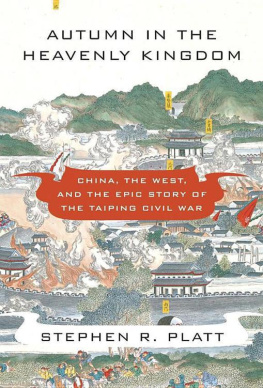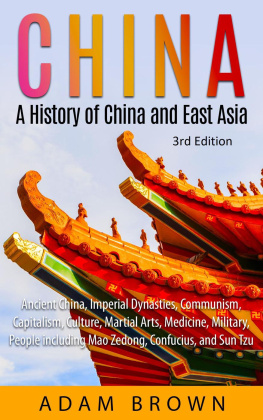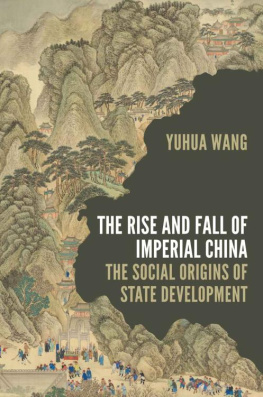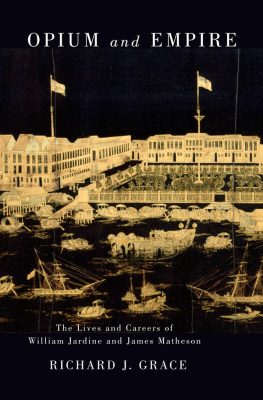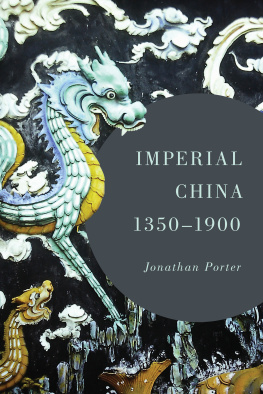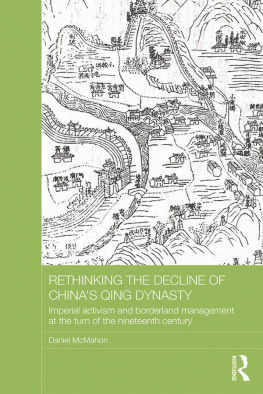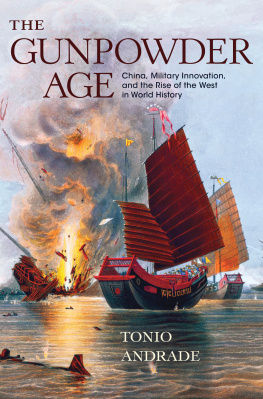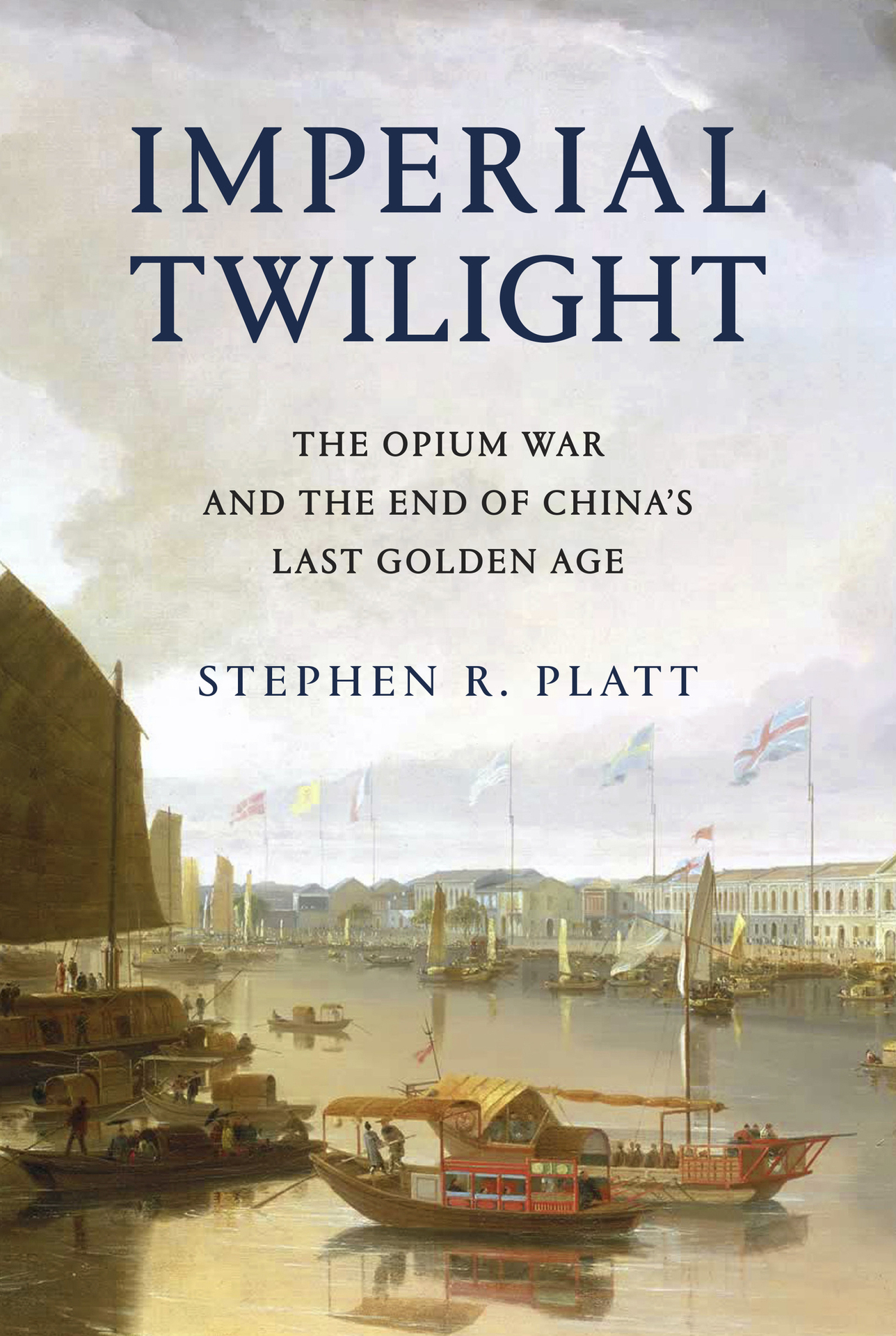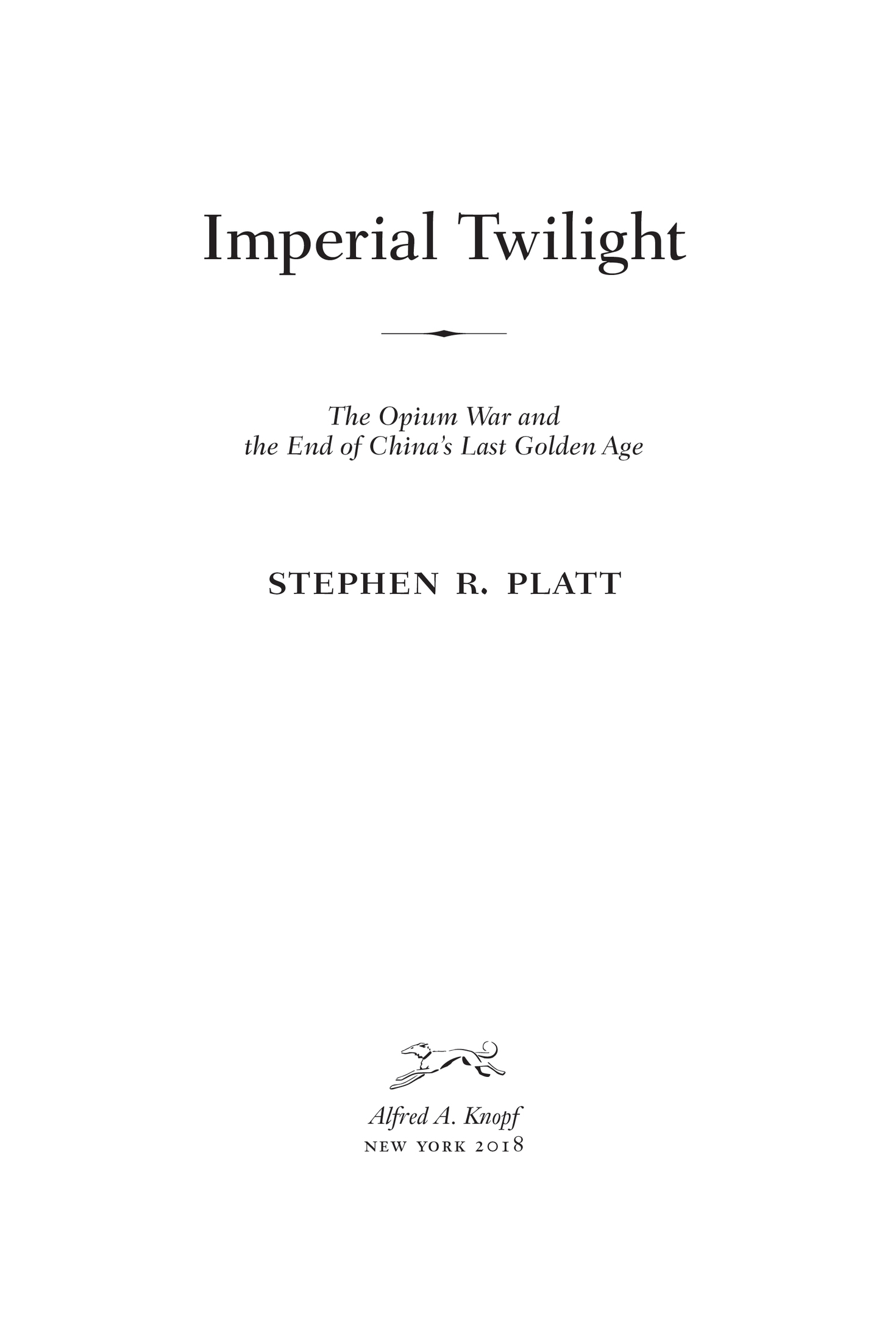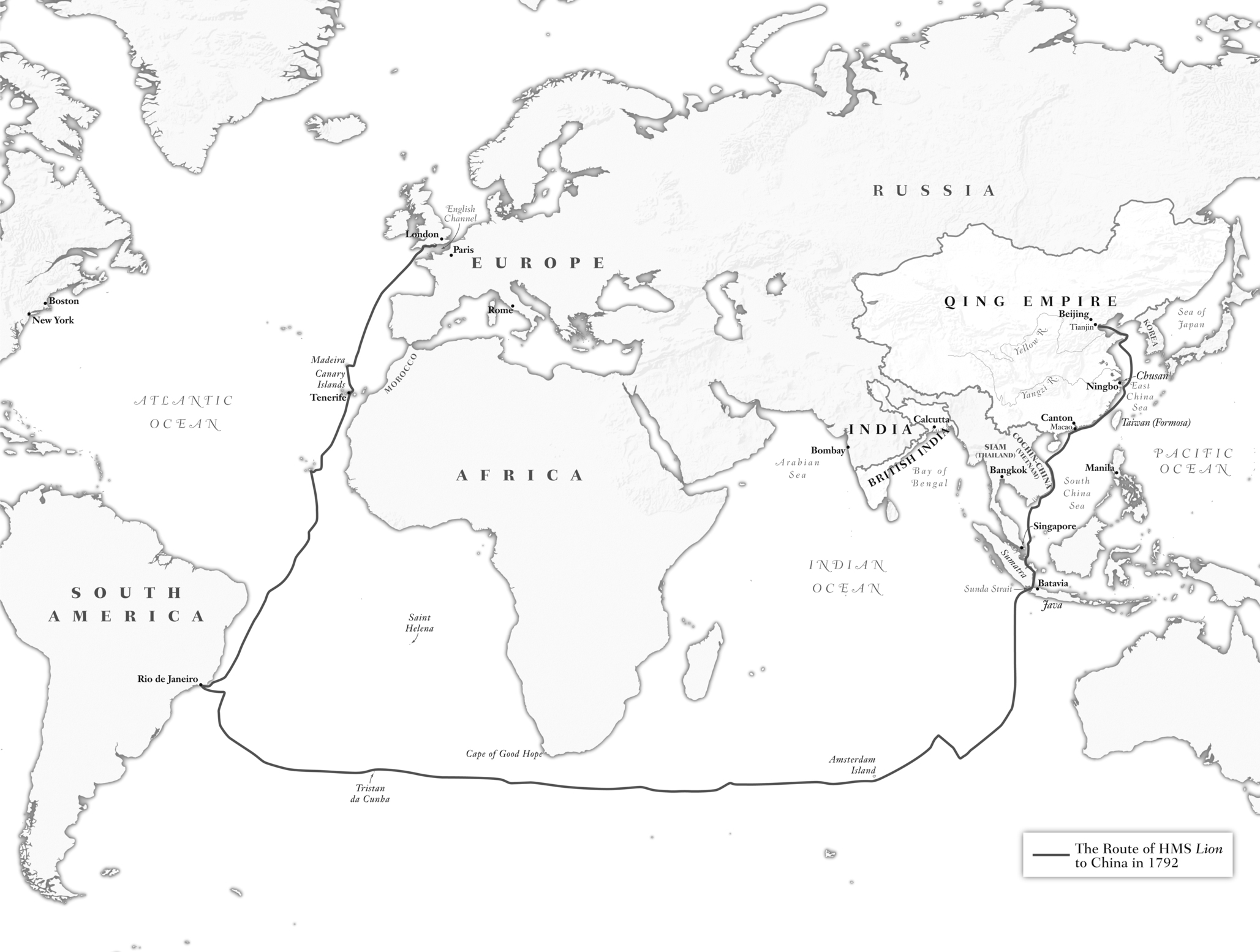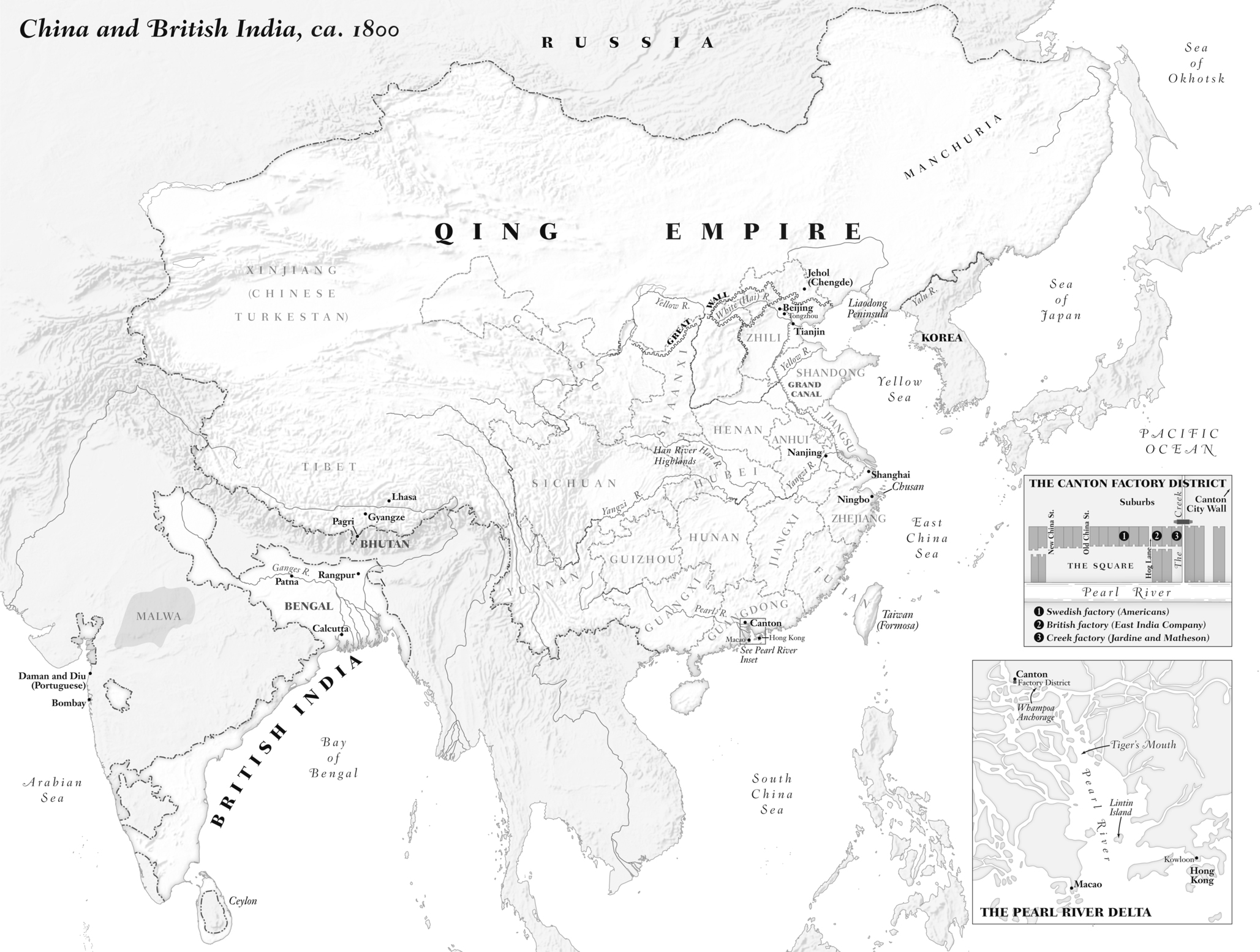Stephen R. Platt - Imperial Twilight: The Opium War and the End of China’s Last Golden Age
Here you can read online Stephen R. Platt - Imperial Twilight: The Opium War and the End of China’s Last Golden Age full text of the book (entire story) in english for free. Download pdf and epub, get meaning, cover and reviews about this ebook. year: 2018, publisher: Knopf, genre: Detective and thriller. Description of the work, (preface) as well as reviews are available. Best literature library LitArk.com created for fans of good reading and offers a wide selection of genres:
Romance novel
Science fiction
Adventure
Detective
Science
History
Home and family
Prose
Art
Politics
Computer
Non-fiction
Religion
Business
Children
Humor
Choose a favorite category and find really read worthwhile books. Enjoy immersion in the world of imagination, feel the emotions of the characters or learn something new for yourself, make an fascinating discovery.

- Book:Imperial Twilight: The Opium War and the End of China’s Last Golden Age
- Author:
- Publisher:Knopf
- Genre:
- Year:2018
- Rating:5 / 5
- Favourites:Add to favourites
- Your mark:
Imperial Twilight: The Opium War and the End of China’s Last Golden Age: summary, description and annotation
We offer to read an annotation, description, summary or preface (depends on what the author of the book "Imperial Twilight: The Opium War and the End of China’s Last Golden Age" wrote himself). If you haven't found the necessary information about the book — write in the comments, we will try to find it.
This thoroughly researched and delightful work is essential for anyone interested in Chinese or British imperial history. --Library Journal (Starred Review)
When Britain launched its first war on China in 1839, pushed into hostilities by profiteering drug merchants and free-trade interests, it sealed the fate of what had long been seen as the most prosperous and powerful empire in Asia, if not the world. But internal problems of corruption, popular unrest, and dwindling finances had weakened China far more than was commonly understood, and the war would help set in motion the eventual fall of the Qing dynasty--which, in turn, would lead to the rise of nationalism and communism in the twentieth century. As one of the most potent turning points in the countrys modern history, the Opium War has since come to stand for everything that todays China seeks to put behind it.
In this dramatic, epic story, award-winning historian Stephen Platt sheds new light on the early attempts by Western traders and missionaries to open China--traveling mostly in secret beyond Canton, the single port where they were allowed--even as Chinas imperial rulers were struggling to manage their countrys decline and Confucian scholars grappled with how to use foreign trade to Chinas advantage. The book paints an enduring portrait of an immensely profitable--and mostly peaceful--meeting of civilizations at Canton over the long term that was destined to be shattered by one of the most shockingly unjust wars in the annals of imperial history. Brimming with a fascinating cast of British, Chinese, and American individuals, this riveting narrative of relations between China and the West has important implications for todays uncertain and ever-changing political climate.
Stephen R. Platt: author's other books
Who wrote Imperial Twilight: The Opium War and the End of China’s Last Golden Age? Find out the surname, the name of the author of the book and a list of all author's works by series.

